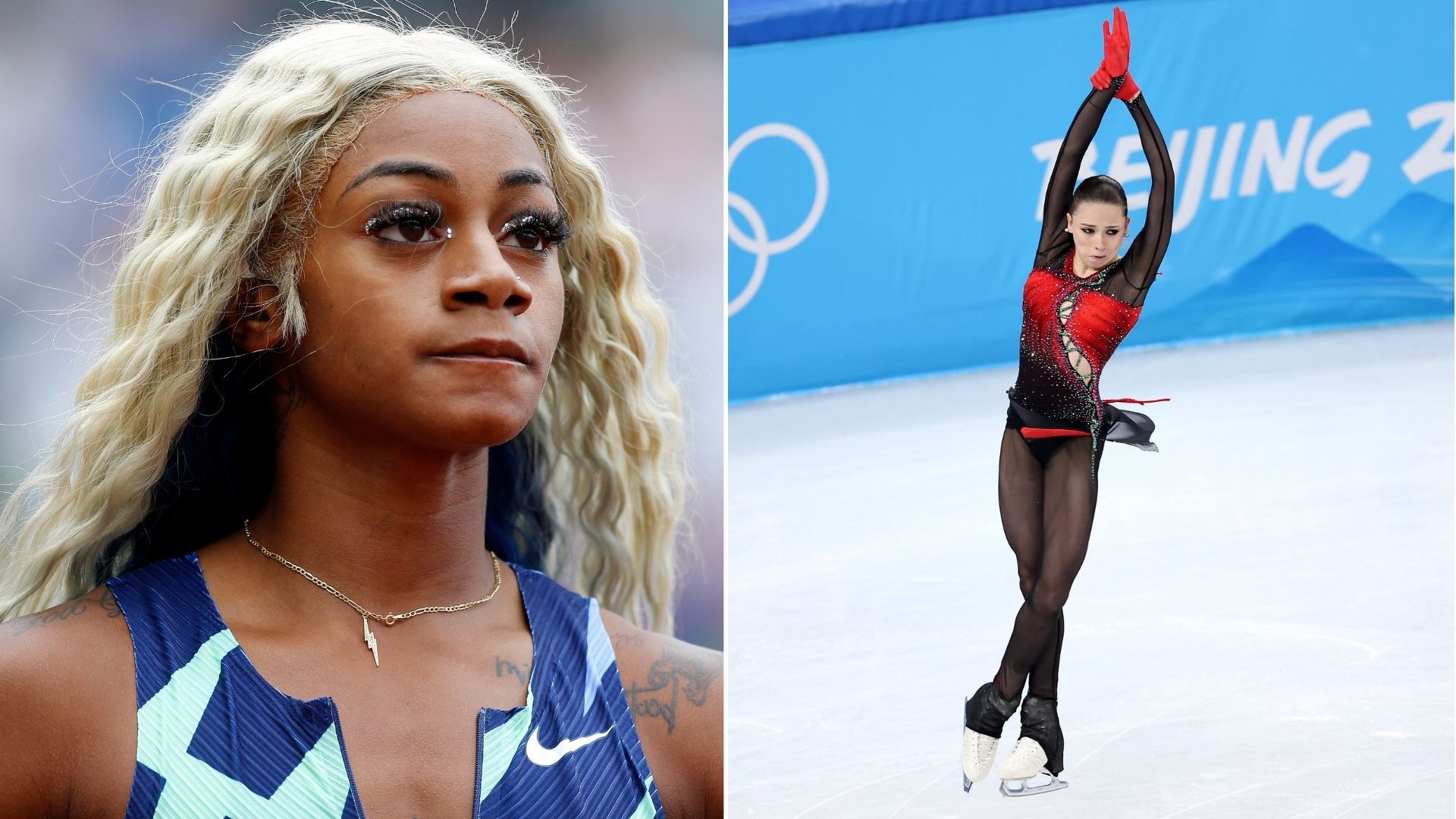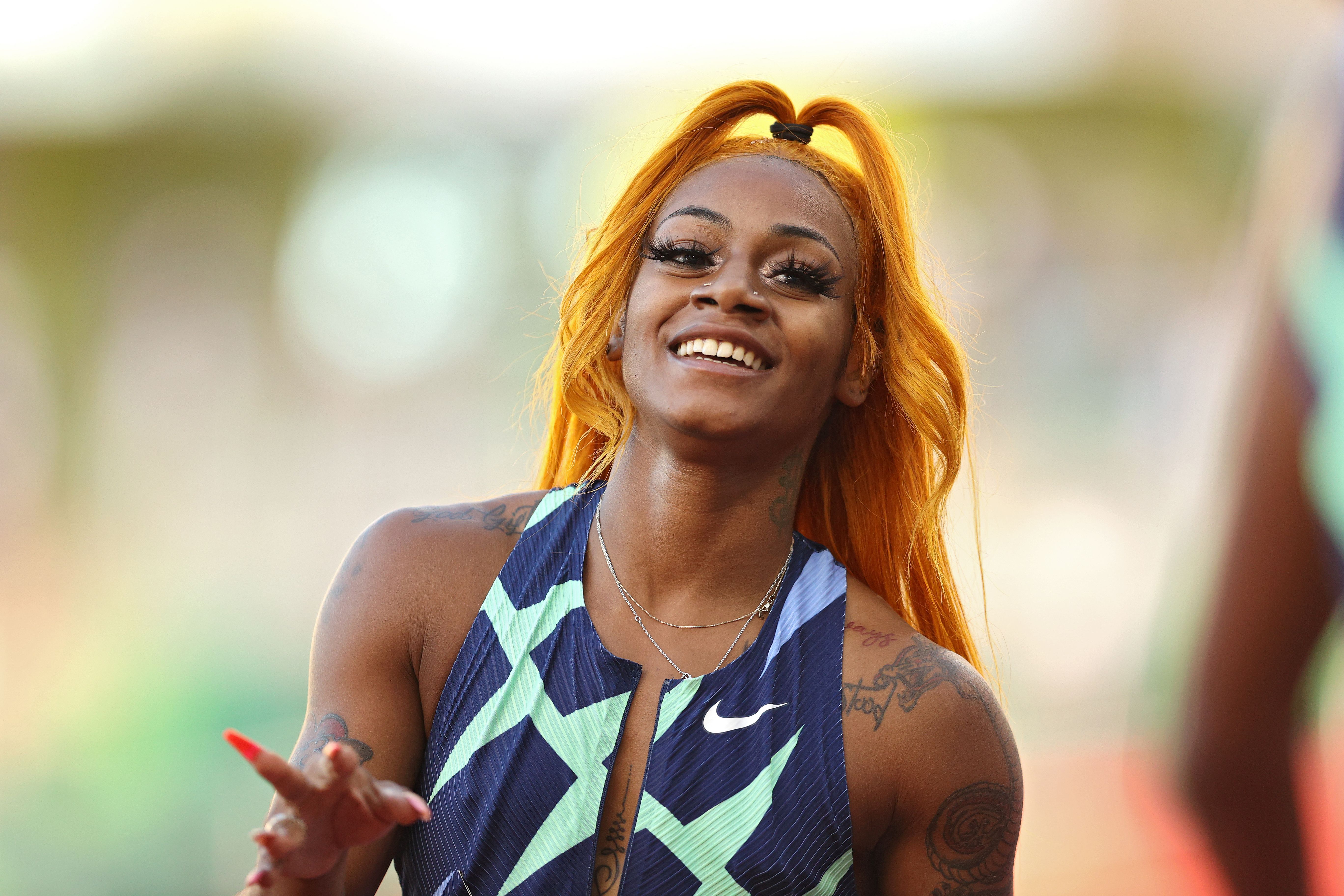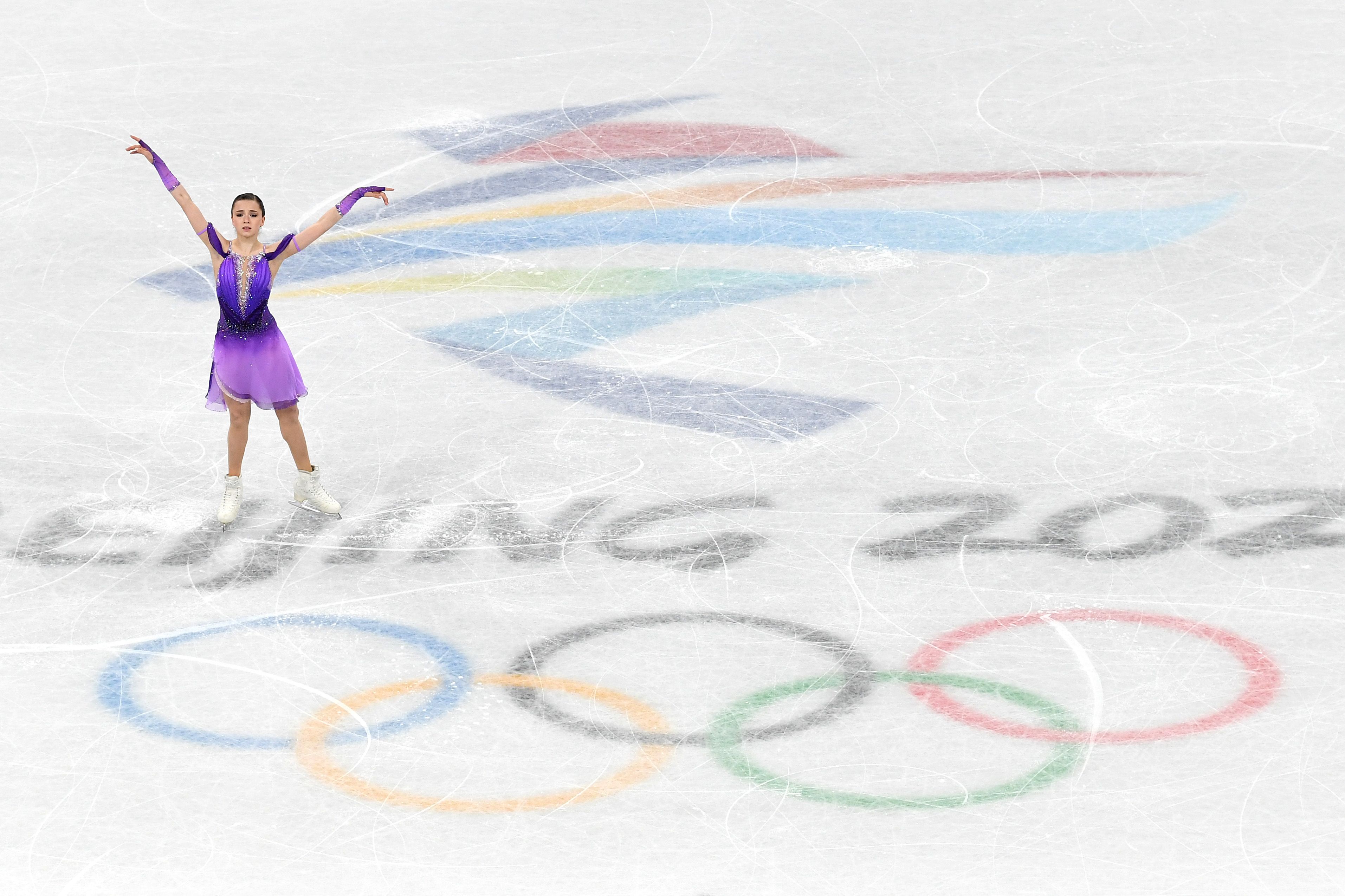The International Olympic Committee has denied a comparison between the anti-doping violation cases of figure skater Kamila Valieva and sprinter Sha'Carri Richardson.Richardson had criticised the decision to allow Valieva to compete at the Winter Olympics despite failing a drugs test.The American compared Valieva’s treatment to her own after she was given a one-month ban for a failed drugs test in June.The 21-year-old tested positive for a chemical found in marijuana after her victory in the 100m at the US Olympic trials, and was subsequently ruled out of the Tokyo 2020 Olympic Games.This was despite revealing that she had taken the drug to cope with the recent death of her biological mother.Richardson shared a news story about the Valieva ruling on Twitter, alongside the caption: “Can we get a solid answer on the difference of her situation and mines?â€â€œMy mother died and I can’t run and was also favoured to place top 3. The only difference I see is I’m a black young lady.â€
IOC spokesperson Mark Adams rejected the suggestion that the two cases were similar.
"Obviously every single case is very different, this one [Valieva's] hasn't even reached the end of its case yet," he said.
"In terms of Ms. Richardson's case, she tested positive on June 19th quite a way ahead of the Games. Her results came in early order for USADA to deal with the case on time before the Games.
"Ms. Richardson accepted a one-month period of ineligibility which began on June 28th so I'd suggest there isn't a great deal of similarity between the two cases."
The 15-year-old Valieva tested positive for banned substance trimetazidine in December, but the sample was only analysed by a World Anti-Doping Agency-accredited laboratory on February 8th.
Valieva had already helped Russia to an Olympic gold medal in the team figure skating event at Beijing 2022 before she received a provisional suspension, which was then lifted by the Russian Anti-Doping Agency.
In turn, the IOC, WADA and International Skating Union launched an appeal against RUSADA’s decision to lift the suspension, which was turned down by the Court of Arbitration for Sport.
A three-person CAS panel explained its decision to clear Valieva to compete earlier this week. It took into account a number of factors, including the figure skater’s status as a protected athlete due to her age.
The ruling revealed “serious issues of untimely notification of the results†of the failed test had also played a part in its decision.
“Such late notification was not her fault, in the middle of the Olympic Winter Games,†the panel said.
As a result, Valieva took part in the women’s figure skating short programme yesterday, topping the leaderboard with a score of 82.16 points.
The competition will continue on Thursday with the free skate. If Valieva is to maintain her place at the top of the leaderboard, she will not be awarded a medal during the Games.
The teenager will likely face a full doping hearing after the conclusion of the Games, and could well be stripped of any medals won in Beijing.
The IOC announced a medal ceremony would not be held for the women’s figure skating event until Valieva’s hearing was completed.



















